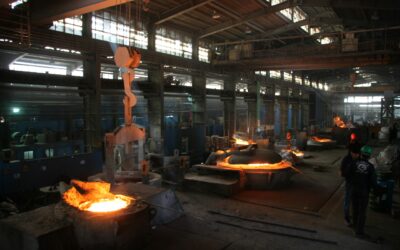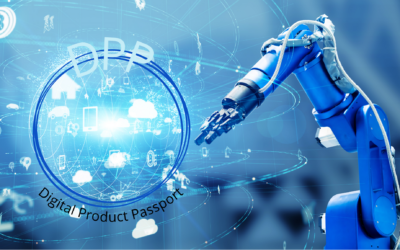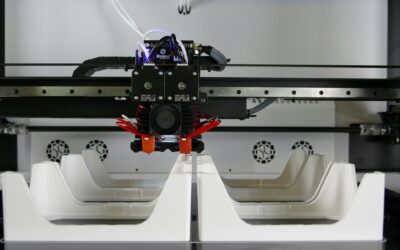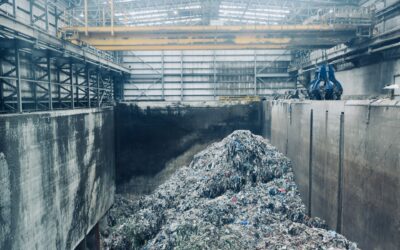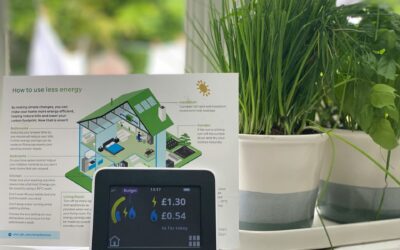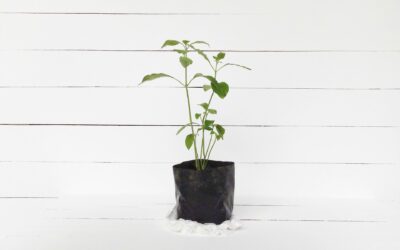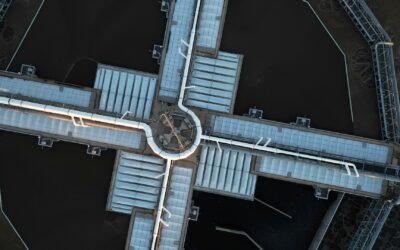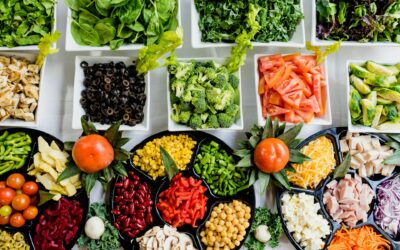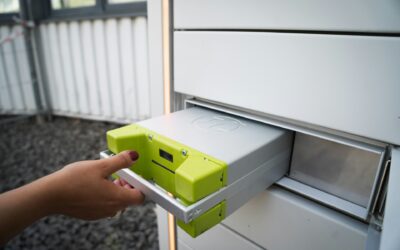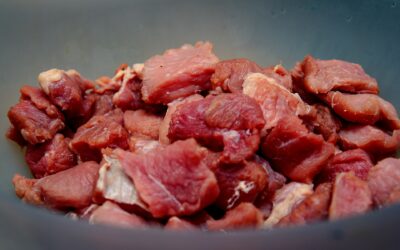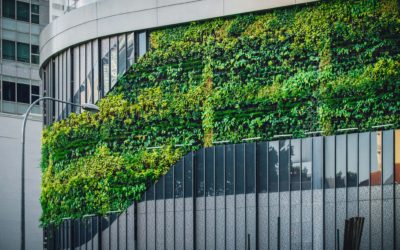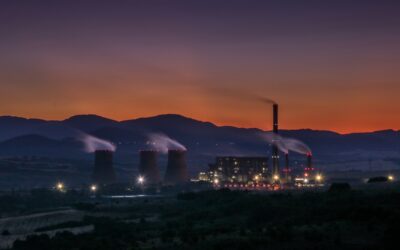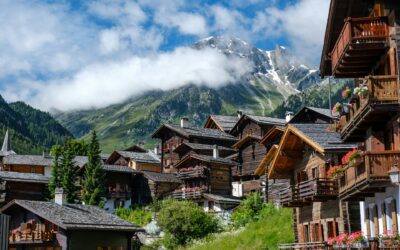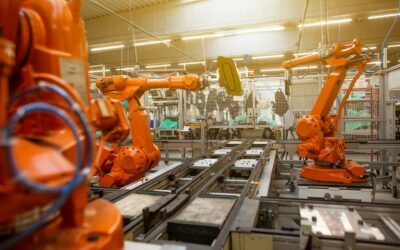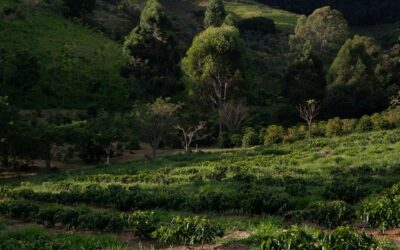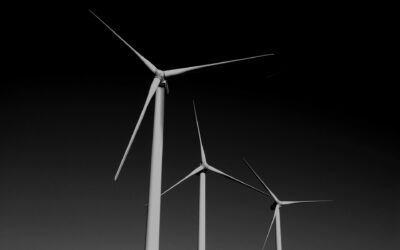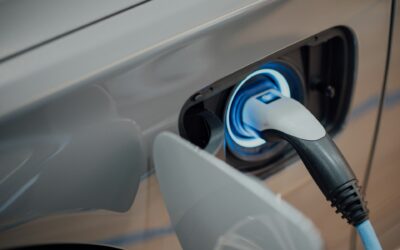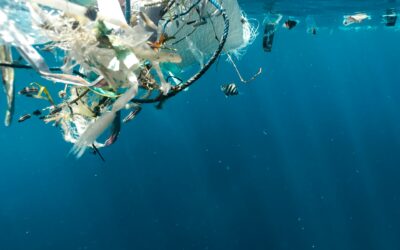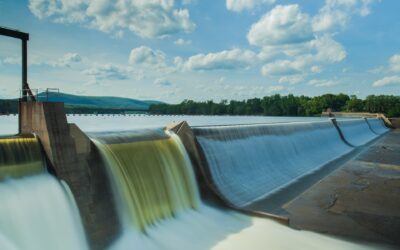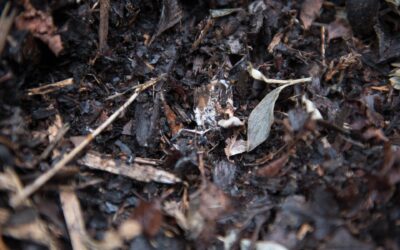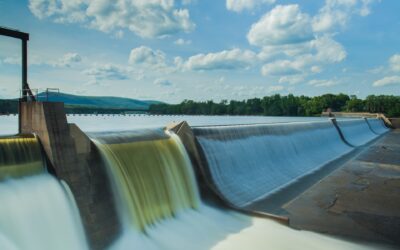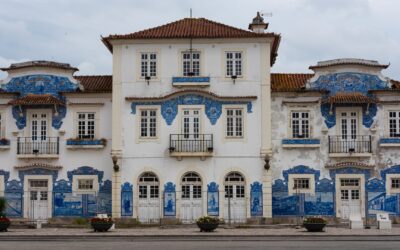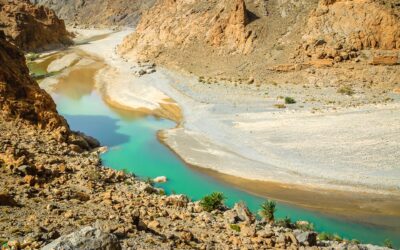CARTIF Projects
Study of the use of alternative protein sources from agro-industrial by-products.
Description
Proteins are one of the essential macronutrients in the diet that are facing a foreseeable shortage due to the strong demand that exists to cover the needs of the coming population. In order to meet this demand, as well as the quality requirements that must be met, new sources of protein need to be incorporated into the diet and processing methods need to be developed to make it easier to obtain and consume. Among the many solutions proposed for this so-called protein transition, the search for new, more sustainable protein sources and the use of technology to make the most of existing resources and use them in a more sustainable way are valued.
As part of its strategy of using technologies to improve the use of alternative sources and the possibility of recovering the value of by-products, the Centre is working on the valorisation of components of the by-product matrix generated during processing and how the use of technologies such as extrusion can help to increase their applicability. In addition, the Centre has been working since the beginning of the Area’s activity on the development of healthier foods by reformulating existing foods, substituting alternative raw materials of greater nutritional value in food formulation and applying processes that promote the increased use of less conventional ingredients and by-products.
The research line aims to increase the extractability of protein sources and other compounds of nutritional interest, naturally present in by-products generated in the transformation processes of the food industry, through the use of “green technologies” of pre-treatment such as extrusion, which allows the transformation of the components of the material to increase its subsequent applicability.
This line includes the need to include equipment that allows the characterisation and quantification of parameters that define the properties of ingredients and finished products at a higher level than conventional chemical determinations. SEM-EDS (Scanning Electron Microscope with Energy Dispersive Spectroscopy) and RVA (Rapid Viscosity Analyser) equipment can contribute significantly to the characterisation of extruded proteins by providing valuable information on the structure, characterisation of particle size and morphology, composition, functional and rheological properties of the extracted proteins.
Objectives
- Acquisition and commissioning of new equipment.
- Identification and improvement of alternative protein sources for incorporation into healthier and more sustainable foods.
- Study of the application of pre-treatment processes as methods for extracting and modifying proteins and other nutrients from agri-food by-products.
- Study of the techno-functional properties of raw materials from valorisation and evaluation of their application to the development of healthy and sustainable foods.
Expected Results
- It will further deepen the knowledge of the starting material by being able to know exactly how the processes affect the molecular structure and thus how they affect the techno-functional properties to the benefit or detriment of identifying new applications for the development of new products.
- Obtaining protein sources from the valorisation of by-products creates an opportunity to meet the Sustainable Development Goals. It will be possible to identify and quantify the effectiveness of these processes and of the extracted proteins to be used as new ingredients without harming the environment.
- A beneficial impact on health, associated with digestibility and amino acid composition, is expected from the way these proteins are extracted, associated with the knowledge that will be established of the process parameters during extraction and the determination of the properties by means of the equipment that is the subject of this investment.
- The aim is to increase the added value of natural resources such as the by-products generated by the usual activity of the food industry to be used as a source of new ingredients, thus closing the production cycles and helping to minimise the impact of food waste.
R&D Line
- Research into the use of new protein sources and application of innovative technologies for modifying the techno-functional properties of ingredients and obtaining new food products.
Subvención de Apoyo a la inversión para la mejora de las capacidades científicas y tecnológicas de los Centros Tecnológicos de la Comunidad de Castilla y León (2023)
File: 2023 CCTT 09
![]()
![]()
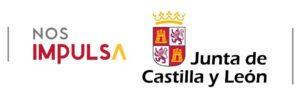
Total Budget: 342,000€
CARTIF Grant: 171,000€
Duration: 02/10/2023 – 31/05/2024
Co-financed with ERDF funds contributing to the Policy Objective “OP1: A more competitive and smarter Europe, promoting innovative and intelligent economic transformation and regional connectivity to information and communication technologies”.
Responsible
Belén Blanco Espeso
Division of Agrifood and Processes
Networking
Other projects:
PROCTWIN
PROCTWIN aims to develop a demonstration platform to predict and optimise the use of multiple stages in steelmaking.
Bi0SpaCE
bi0SpaCE accelerates the digital and circular transformation of Europe’s bio-based industries through Digital Product Passports (DPP) enhanced with Industry 4.0 technologies.
DIAMETER
In the DIAMETER project, the physical-experimental results of the 3D metal additive manufacturing processes will be contrasted with computational simulations, with the aim of predicting the behaviour of the parts under different modifications of the process.
ENERGYGUARD
The EnergyGuard project will create an innovative test platform for artificial intelligence (AI) in the energy sector, integrating five European test centres with a green HPC infrastructure.
FERTICOVERY
FertiCovery aims to identify and analyze technologies for recycling fertilizers from secondary raw materials, promoting balanced nitrogen and phosphorus flows while enhancing soil health within ecological limits
UNITED CIRCLES
United Circles seeks to transform various types of urban waste into useful resources by applying the concept of industrial-urban symbiosis.
CLIMRES
CLIMRES aims to foster a ‘Leadership for Climate Resilient Buildings’, by addressing the identification and systematic categorisation of buildings’ vulnerabilities and estimating their impact in the buildings’ ecosystem considering the interlinkages within the urban context.
SIRCULAR
SIRCULAR seeks to transform the construction sector into a sustainable, low-carbon industry through decarbonisation strategies. Its main objective is to reduce carbon emissions by minimising reliance on virgin materials and exploring low-carbon alternatives, such as recycled materials.
ICARUS
ICARUS will represent a breakthrough in the research and demonstration of new technologies to upgrade Secondary Raw Materials ensuring similar quality as primary raw materials, of three waste streams to improve circular economy principles in several intensive industries with its implementation in the construction sector
iPhotoCult
iPhotoCult has as objective to design, develop and validate innovative and sustainable photonic solutions for the preservation of Cultural Heritage. These solutions, applicable on remote or in situ, include advance diagosis tools and a platform of services on the cloud that allos the precise monitorization of buildings, monuments and artefacts
META BUILD
METABUILD overall vision is to operationalise energy efficiency first principle in the practical contect of buildings towards the decarbonisation of the EU building stock.
Controlled Environment and Plant Health Pilot (PAC-SAVE)
CARTIF ProjectsPAC-SAVEControlled Environment and Plant Health PilotDescriptionCARTIF's PAC-SAVE project aims to develop a Controlled Environment and Plant Health Pilot to investigate the resilience of crops and forests to climate change. Through advanced technologies...
Waste treatment for energy and material recovery in industrial processes
Increase the extractability of protein sources and other compounds of nutritional interest, naturally present in by-products generated in the transformation processes of the food industry, through the use of “green technologies” of pre-treatment such as extrusion
High-pressure processes for the generation of high value-added products
Increase the extractability of protein sources and other compounds of nutritional interest, naturally present in by-products generated in the transformation processes of the food industry, through the use of “green technologies” of pre-treatment such as extrusion
Advanced technologies for the development and characterisation of 3S food: healthy, sustainable and safe
Increase the extractability of protein sources and other compounds of nutritional interest, naturally present in by-products generated in the transformation processes of the food industry, through the use of “green technologies” of pre-treatment such as extrusion
Lifetime characterisation, safety and recycling processes in batteries
CARTIF Projects Lifetime characterisation, safety and recycling processes in batteriesDescriptionThe general objective of this action is to develop technologies and strategies to improve the characterisation of the useful life of batteries, increase their safety and...
VALORA-0
VALORA-0 is focused on the valorization of waste currents of CAMPOFRÍO FOOD GROUP.
CARNIVAL
CARNIVAL aims to generate new scientific and technological knowledge to create added value for waste and by-products from the meat sector, particularly in the sheep and pig sectors.
SGA2-NZC
NetZeroCities (NZC) project’s main objective is to support cities selected by the European Commission to achieve climate neutrality by 2030, in line with the 100 Climate Neutral and Smart Cities Mission.
THUNDER
THUNDER project aims to overcome existing barriers hampering a wide adoption of DCs waste heat recovery strategies, providing an innovative, efficient and cost attractive Seasonal Thermal storage based on Thermochemical Materials
SCO2OP-TES
SCO2OP-TES focuses on the development of technologies for storing electricity in the form of heat, which is then converted back into electricity (P2H2P – power-to-heat-to-power).
HYDRA
HYDRA focuses on understanding and addressing the potential impact of widespread hydrogen use on climate, environment and society. The project assesses a scenario of high hydrogen penetration in the energy mix.
EMERGE
EMERGE aims to provide African policy makers, academics, investors and citizens with tools and knowledge to increase clean energy and sustainable resource use, reducing cultural and socio-economic gaps.
RURBANIVE
RURBANIVE will establish a novel rural/urban innovation framework, supported by technical and social innovations to enhance territorial governance and existing policy tools.
MOBILITIES FOR EU
MOBILITIES for EU aims to accelerate the transformation of cities towards climate neutrality through innovative solutions in passenger and freight mobility.
PRO-CLIMATE
Support communities to proactively adapt to climate change through social transformation and behavioural change.
PRO-COAST
Stimulate and empower local communities and civil society in general, to support restoration and maintenance of biodiversity and ecosystem services across Europe, and thus to involve them more actively in environmental governance.
Incorporation of new equipment and processes to improve the advance digital manufacturing laboratory
Acquisition of advanced technological elements to enhance rapid prototyping services, as well as to support specific developments in the challenging processes of creating objects that are not available on the market or are costly to produce in limited quantities.
Agrigenomics and next-generation sequencing technologies
Implement advanced solutions to solve various problems linked to the agro-forestry and food sectors in Castilla y León, such as soil degradation, low agricultural productivity or the incidence of pests and diseases
Study of the mechanical behaviour of recycled composite from the aeronautical industry and wind turbine blades.
Increase knowledge of the mechanical behaviour of recycled materials from the aeronautical industry and wind turbine blades.
Efficient recovery of metals from spent EV batteries
The project focuses on the recovery of critical metals present in the cathode of spent electric vehicle battery cells, through a more environmentally sustainable process, for their future reintroduction into the value chain.
PROBIO
The general objective of the PROBIO project is to work on broadening the spectrum of substrates that can be treated in fermentation processes for the production of renewable gases (biohydrogen and biomethane) and biocompounds of interest (volatile fatty acids).
iAMP_Hydro
iAMP-Hydro aims at improving the operation of existing hydropower plants (HPP) through the development of digital solutions which will be integrated into an intelligent Asset Management Platform (iAMP)
INHERIT
The overall vision of INHERIT is to create a systematic methodology, accompanied by leading-edge Information and Communication Technologies (ICTs), such as Internet of Things (IoT), Artificial Intelligence (AI) and (big) data analytics, and associated social/behavioural practices, towards sustainable, inclusive and resource-efficient Cultural Heritage (CH) solutions.
CLEANPORTS
CARTIF Projects CLEANPORTSResearch of intelligent and sustainable nay solutions for the automation of logistics and advanced intermodal processes from por to last mile.DescriptionThe main objective of the project is to improve logistics processes for the complete...
ARISE
The ARISE project envisions a near future which aligns with Industry 5.0, prioritising, resilient, sustainable and human-centric work environments. In such a future, companies recognise that investing in industrial human-robot interaction (HRI) is essential for achieving better short- and long-term goals, rather than a cost.
SGA1-NZC
SGA1-NZC has as an objective give support to 100 cities selected to be intelligent and climate neutral by 2030.
ECOFORES
ECOFORES objective is the development of nerw bioproducts, agroecological processes and new solutions environmentally sustainable, through the application of subproducts conversion technologies.
AIR-COMPOST
AIR-COMPOST general objective is to reduce the odours and Volatile Organic Compounds (VOCs) produced on the process of composting through the addition of microorganisms, additives and other compounds.
D-HYDROFLEX
D-HYFROFLEX seeks research into technological innovations in hydropower plants in search of improved efficiency and sustainability and hydropower competitiveness in modern electricity markets. The project will develop tools for the digital renovation of existing hydroelectric plants based on sensors, digital twins, artificial intelligence, hydrolyser modelling and image processing.
NATMed
NATMed project will develop, implement and validate a joint of innovative nature based solutions (NbS) on existent water infrastructures for improving the management of the water cycle and provide Ecosistemic Services and environmental, social and economic benefits.
ENPOWER
ENPOWER will design, develop and demonstrate SSH-driven methodologies, interactive and closed-loop tools, and data-driven services for energy-activated citizens and energy-secure cross-sector communities towards a citizen-centric energy system.
RURACTIVE
RURACTIVE encourage a just and sustainable transition of rural areas through intelligent solutions, lead by the community, tailor-made, based on the local and inclusive inside the multi-stakeholder rural innovation ecosystems at 12 pilot areas (Dynamos, Ds).
SMARTeeSTORY
SMARTeeSTORY will create an integrated intelligent building automation and control system to monitor and optimise the energy performance of historic non-residential buildings, according to an innovative multi-domain approach (integrating the 9 domains proposed by the ISR methodology).
LIXIV-IA
LIXIV-IA proposes the development of solutions based on artificial intelligence (AI) and big data for the optimisation of the operation of autonomous containerised plants.
FoSSIS3
FoSSIS3 objective is to develop an operational Platform based on artificial intelligence to support decision-making in the energy planning process, through the characterization and estimation of the solar resources, and the development of analytics that support the strategy to improve the energy behavior of the building sector.
ONEPLANET
ONEPLanET aims at empowering African policy makers, research & academia, investors and citizens with the necessary tools and know-how to promote the sustainable energy transition.
BuildON
BuildOn pretends to develop a generic solution and highly replicable to offer services on buildings, facilitate the integration of their systems and technologies and with it, help to construct a new generation of smart buildings.
